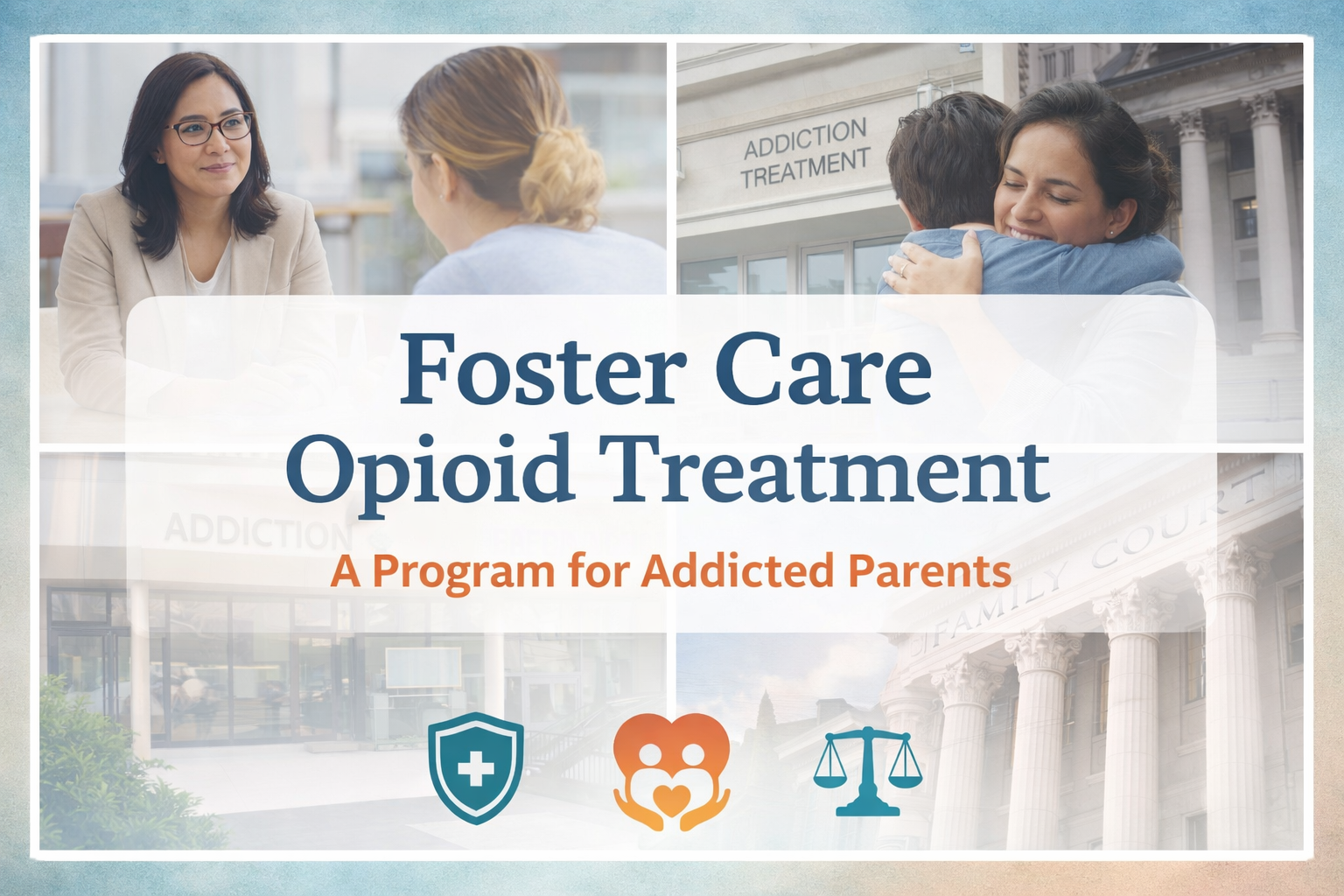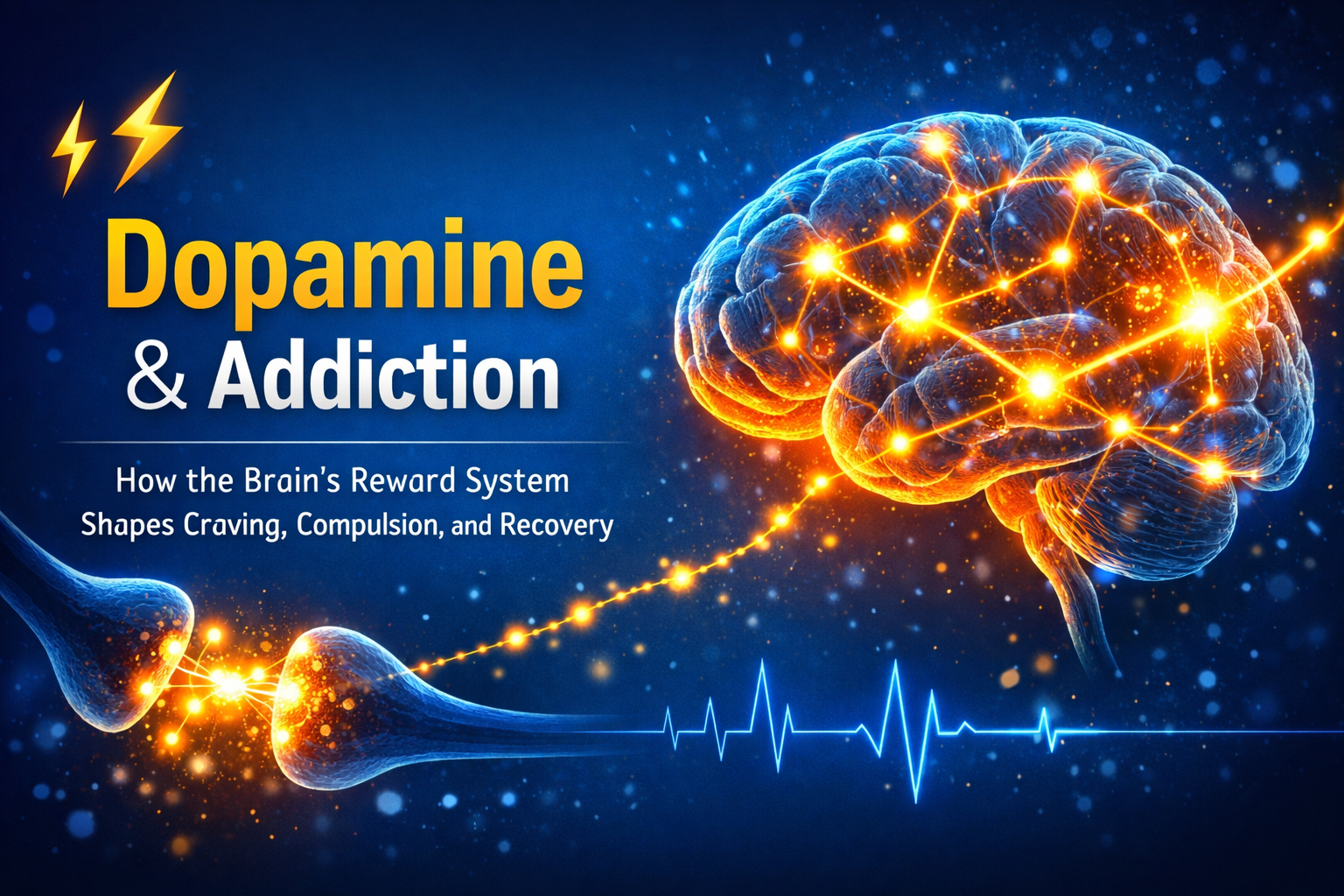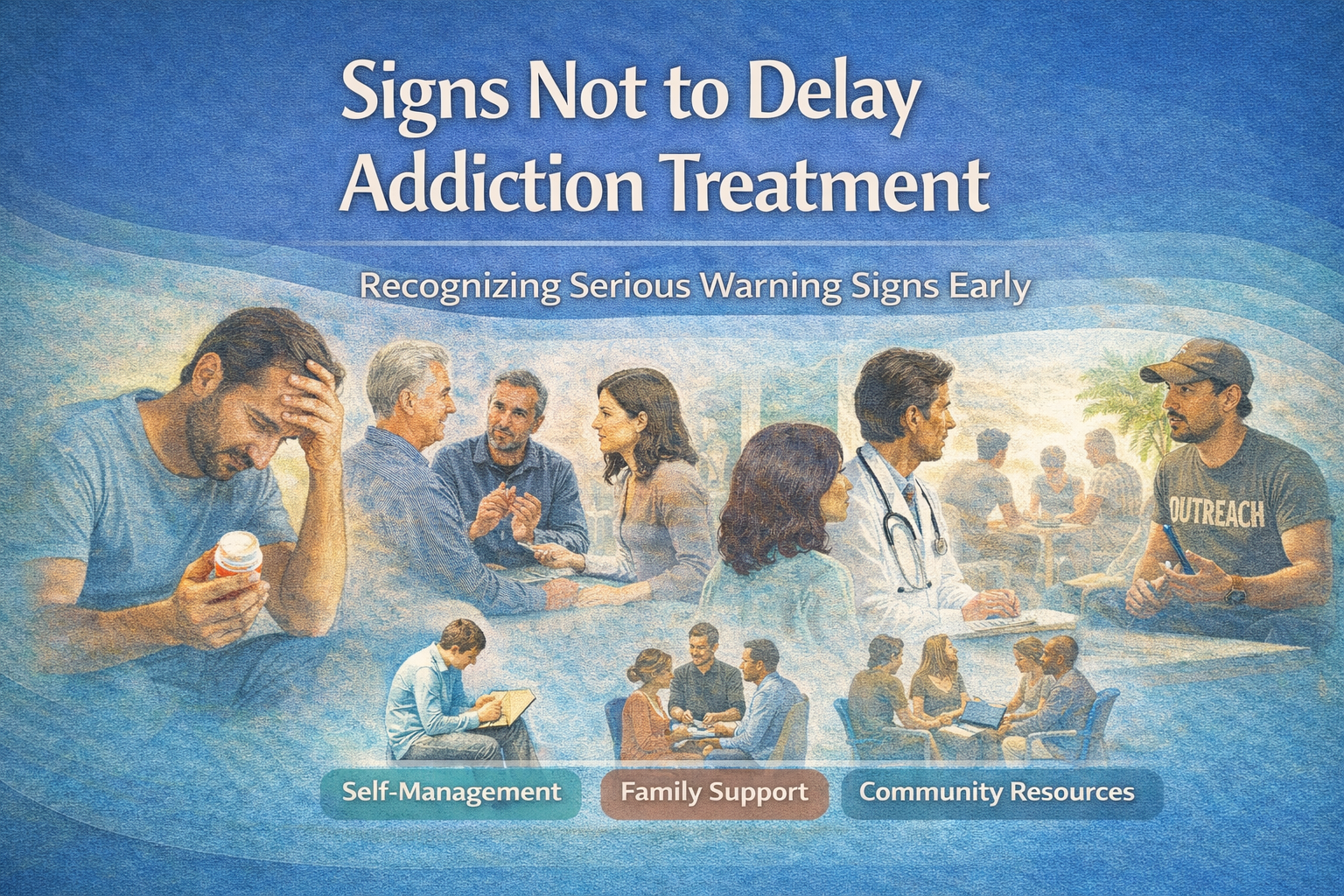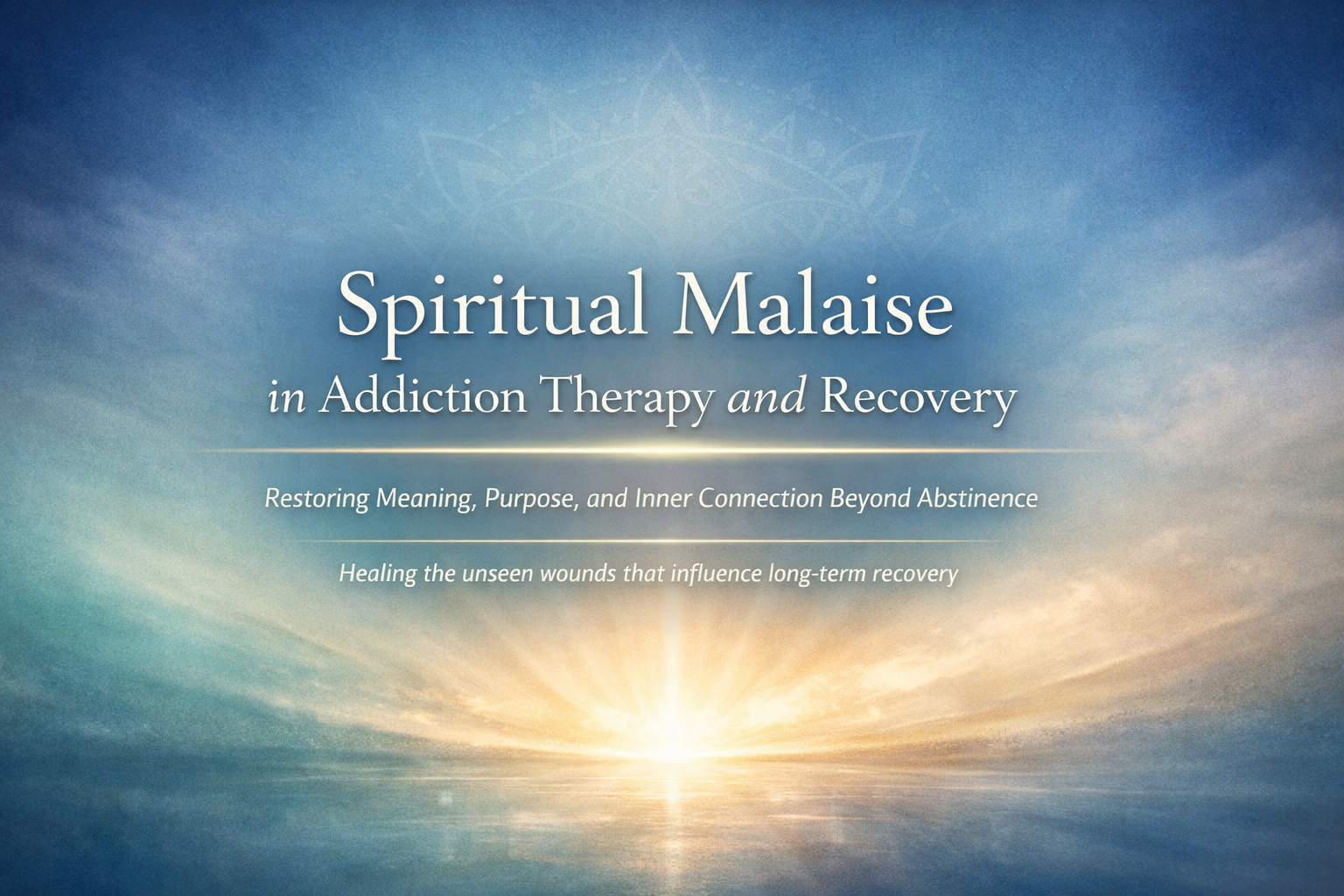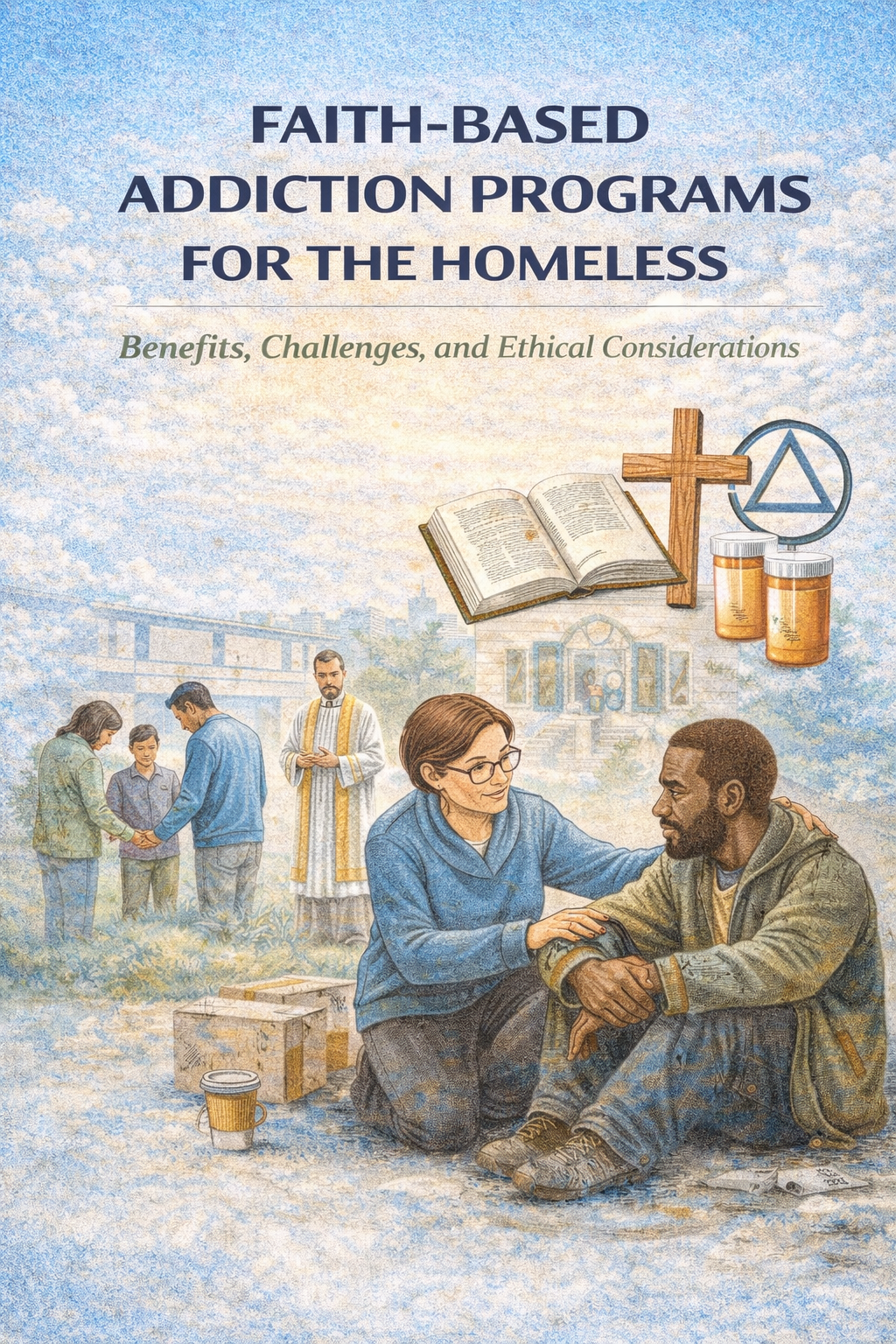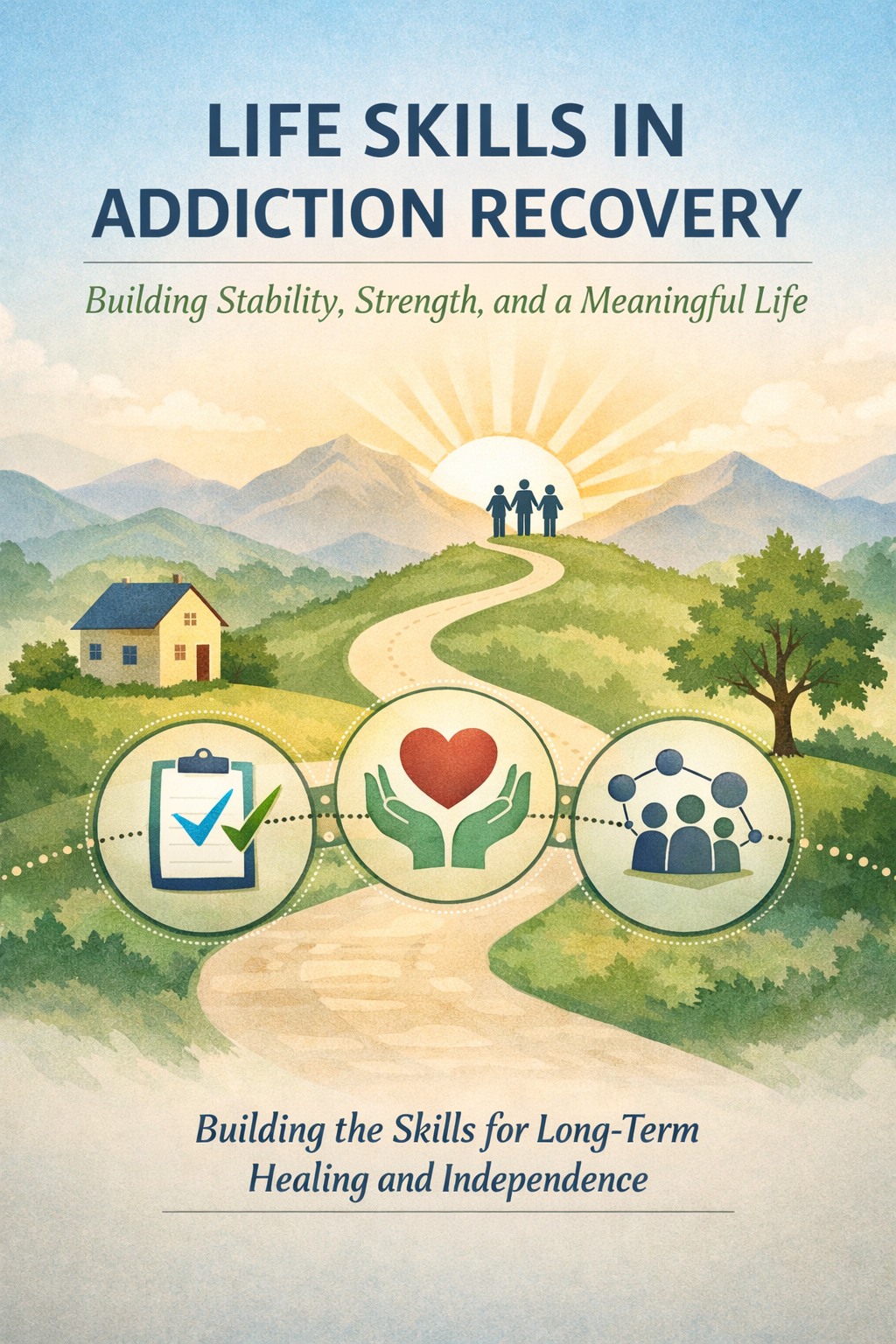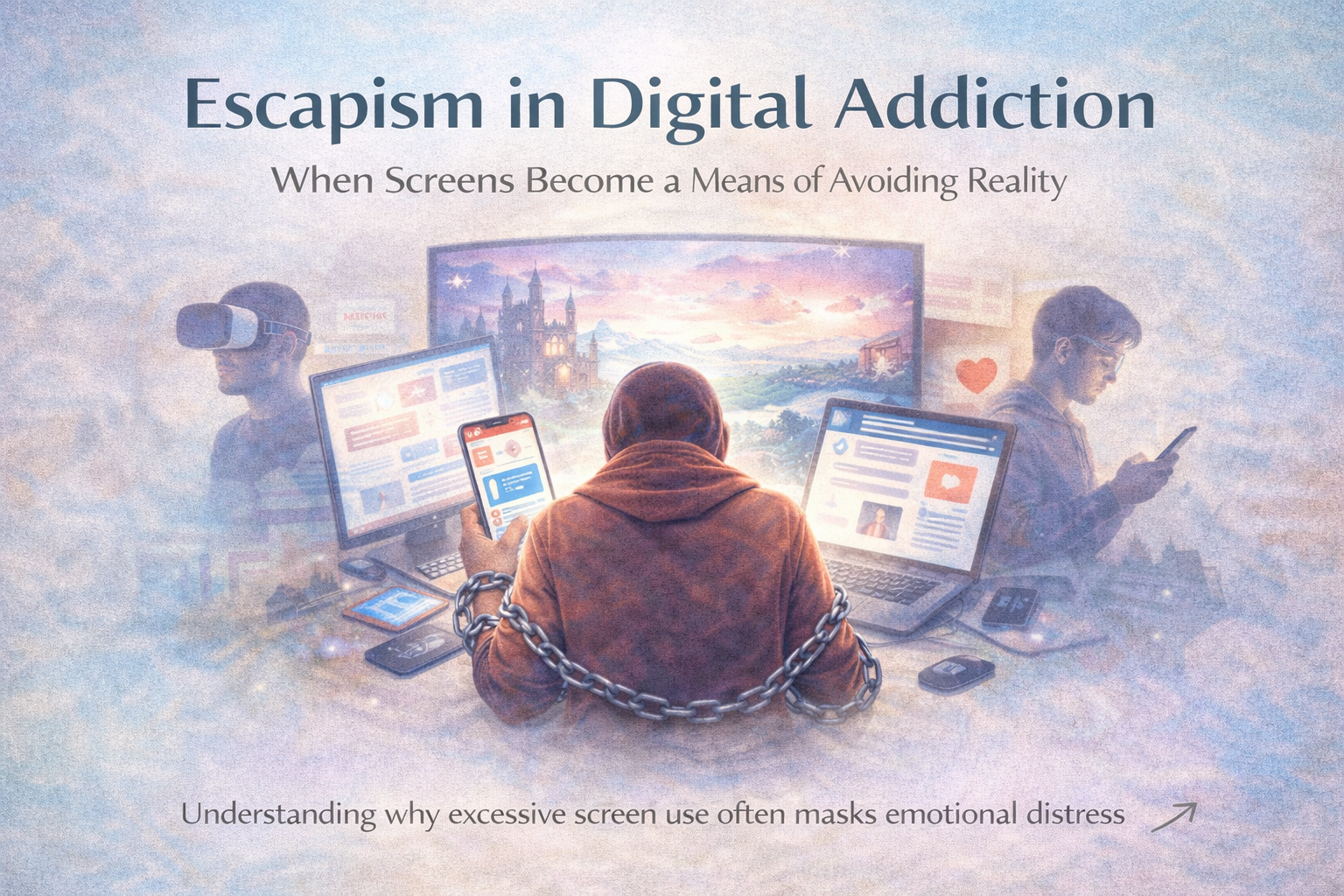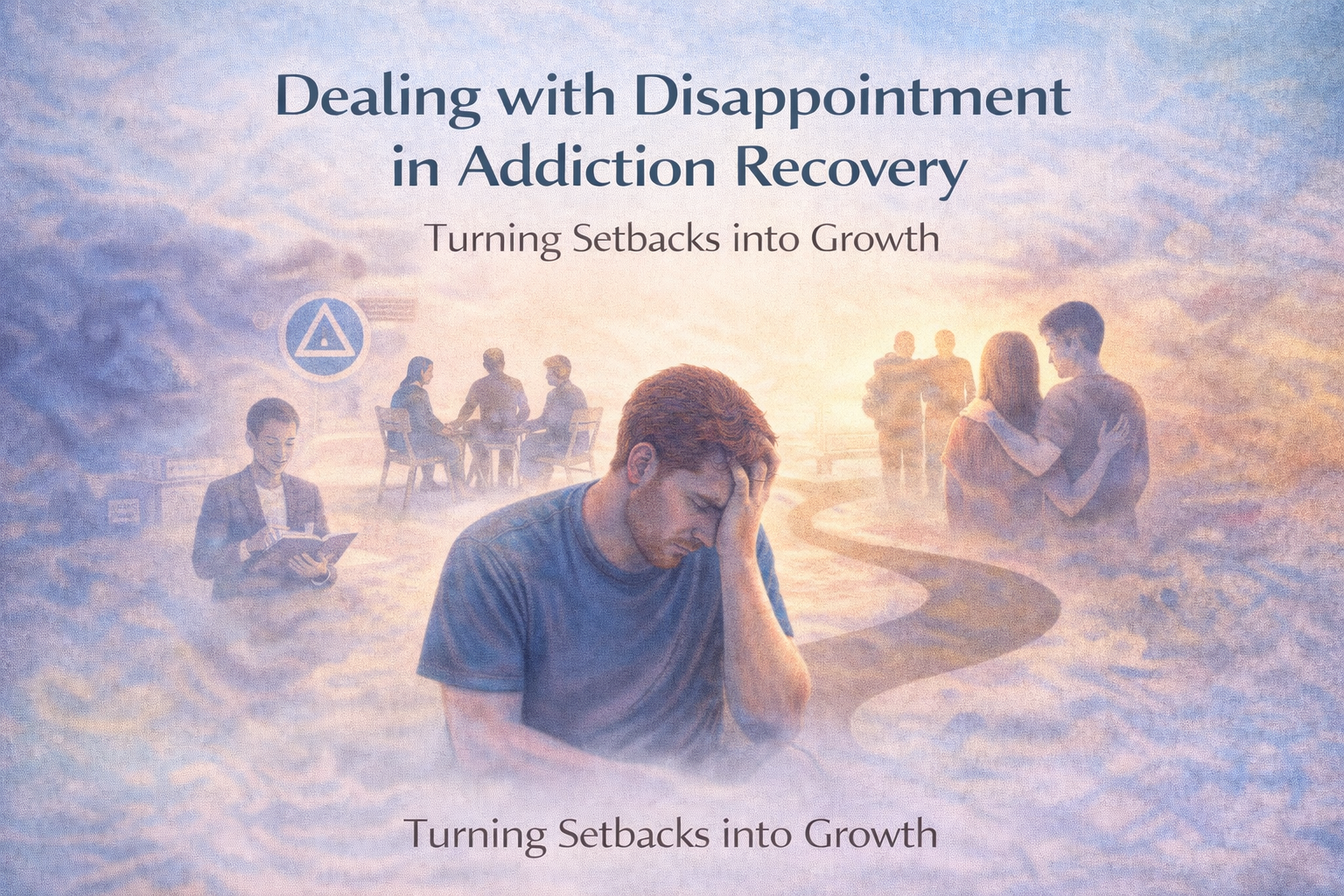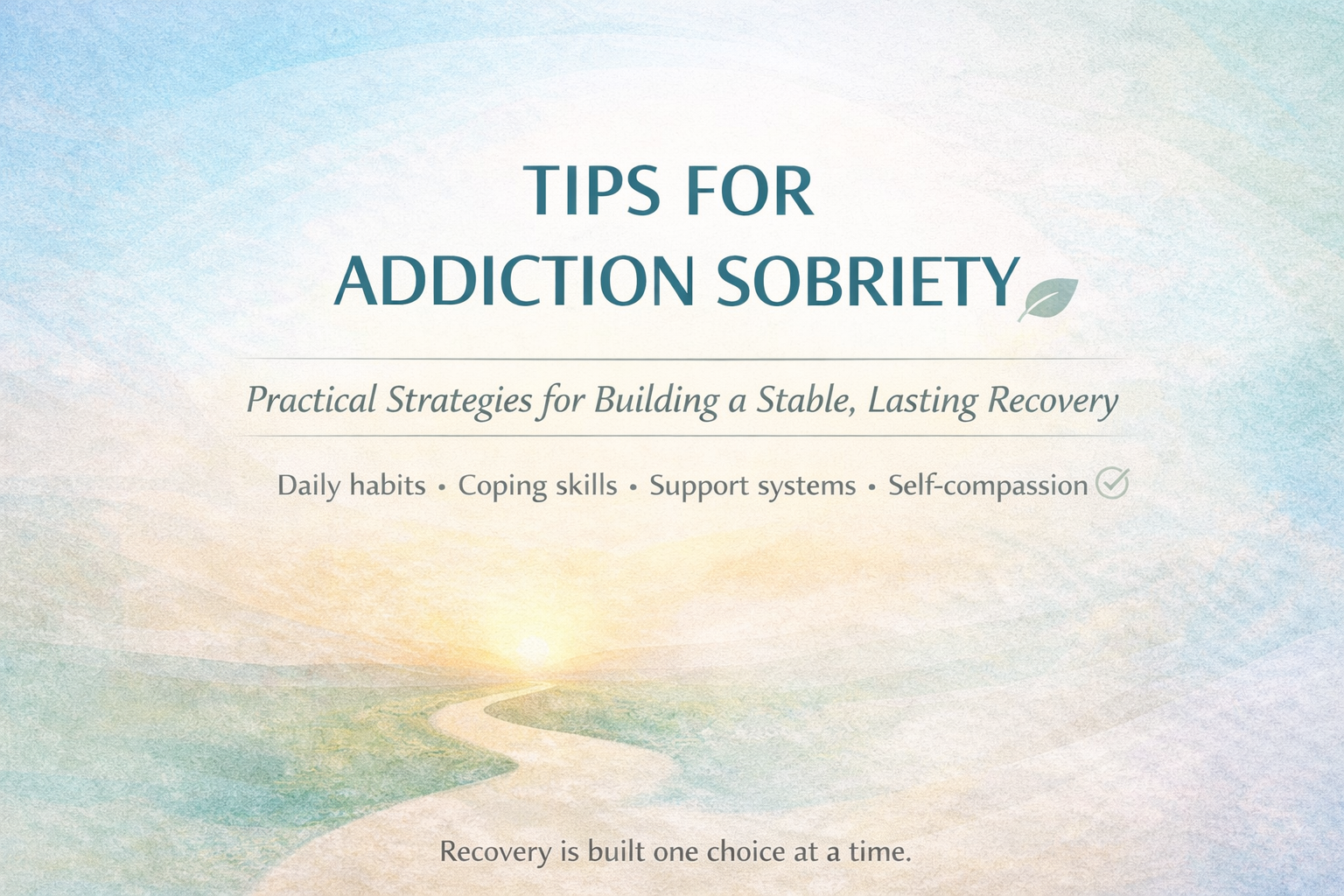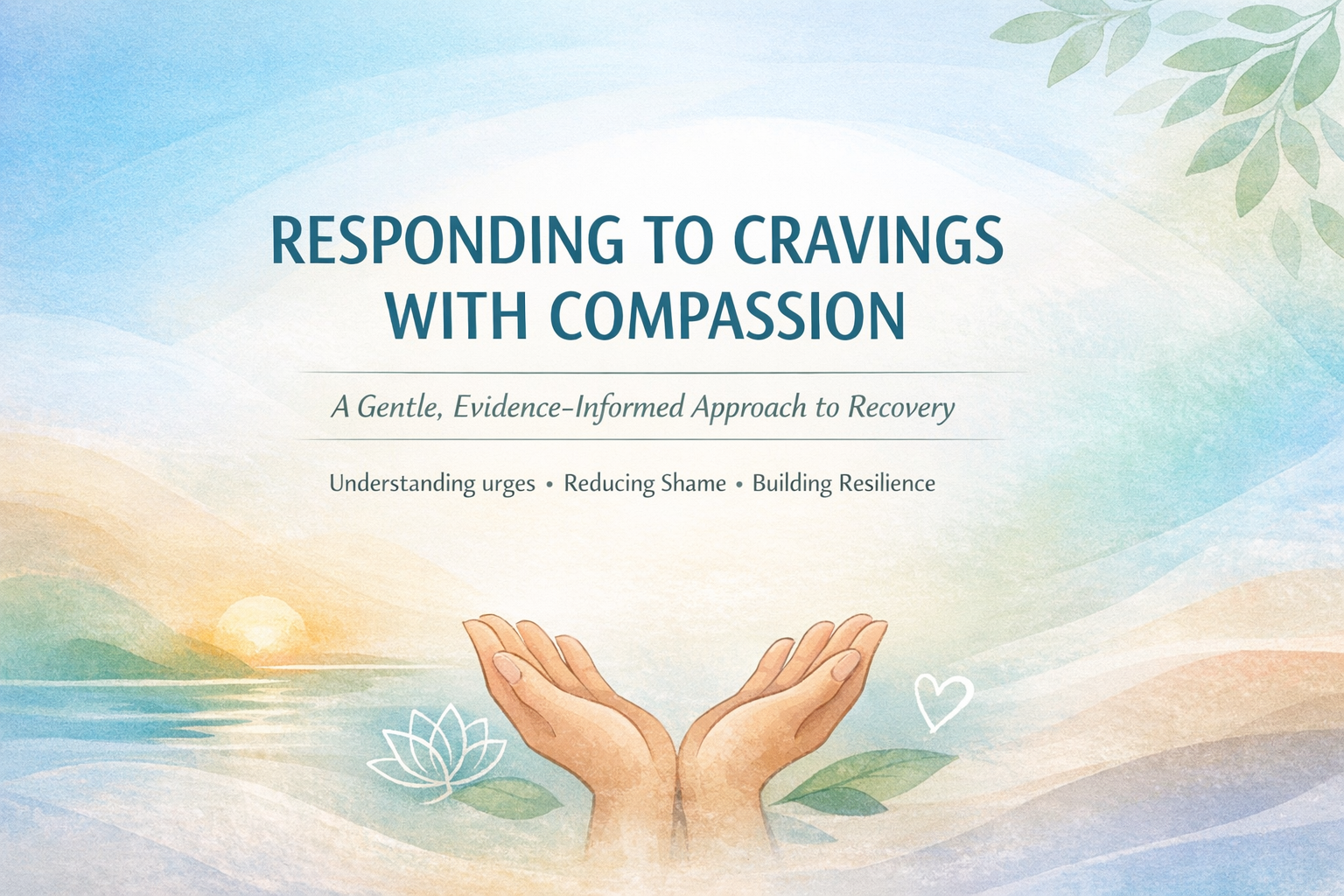Foster Care Opioid Treatment
Foster care involvement related to opioid use disorder (OUD) represents one of the most complex intersections of public health and child welfare. When parental substance use leads to child removal, the focus must extend beyond crisis response toward coordinated recovery and family stabilization. Foster Care Opioid Treatment requires more than medication or court compliance—it demands … Read more
